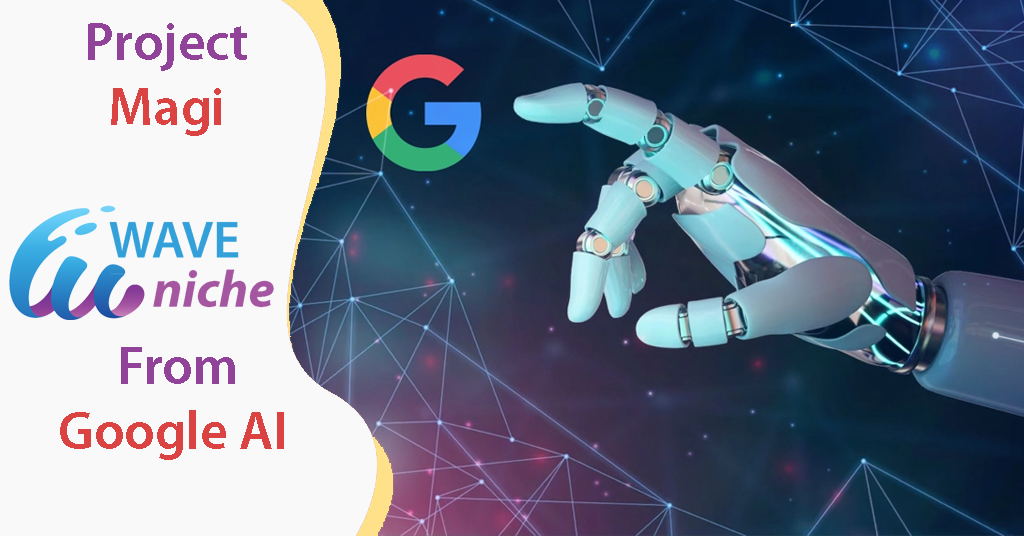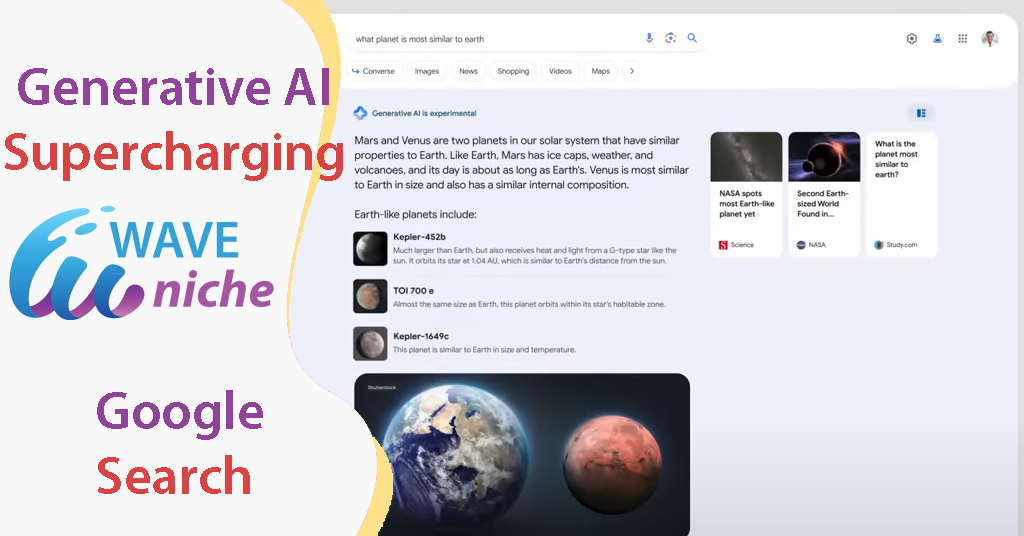Google has long been a pioneer in the field of artificial intelligence (AI), and the company is now taking its AI capabilities to the next level with the launch of a new project called Magi. This project, according to a recent report by the New York Times, will bring generative AI to Google Search in two stages, with the first stage arriving imminently.
Project Magi
will upgrade Google’s existing search engine with AI features that will offer a much more personalized experience than the company’s current service. It will allow Search to answer questions about software coding and even write code based on a user’s request. This is made possible thanks to the technology behind Google’s PaLM language model, which can generate natural language code.
Users will have the ability to ask follow-up questions,
and the generated results will feature ads. According to the New York Times report, Google currently has 160 designers, engineers, and executives working full-time on Magi, and they are quickly iterating on the project. As of last week, employees have been invited to test and query Magi, with a public launch coming in May.
and the results generated will include advertisements. According to the New York Times report, Google currently has 160 designers, engineers and executives working full-time on Magi, and they are rapidly iterating on the project. Starting last week, employees were invited to test and make inquiries about Magi, with a public launch coming in May.
However, the initial launch will be significantly gated to the United States, and it will be limited to a maximum of 1 million users before increasing to 30 million by the end of the year. This suggests that Google is taking a cautious approach with the rollout of this new technology, likely due to concerns about potential issues or bugs that could arise.
In addition to Magi,
Google is also reportedly working on other AI projects, including an image generator called GIFI and a chatbot called Searchalong for the Chrome browser. GIFI is said to be capable of generating realistic images from textual descriptions, while Searchalong will allow users to chat with Google about anything they’re interested in.
Overall, Google’s push into generative AI is an exciting development for the search engine giant and its users. With Magi, Google is bringing cutting-edge AI capabilities to its search engine, which could revolutionize the way we search for and discover information online.
Google is developing an AI-powered search engine called “Project Magi” to provide more personalized and conversational search results.
The tech giant is reportedly panicking over the possibility of Samsung switching to Microsoft’s Bing search engine, which could cost the company an estimated $3 billion in annual revenue.
Google is developing a new AI-powered search engine that will replace its current one, The New York Times reported. The project, known as Project Magi, has 160 engineers working on it. With competition from AI-powered search engines like Microsoft’s Bing and ChatGPT, Google is racing to incorporate AI features into its existing search engine and create an all-new search engine powered by the technology.
The news came on Monday, following a report that Samsung Electronics may replace Google with Microsoft’s Bing as the default search engine on its devices.
The New York Times article highlights the challenges that Google’s $162-billion-a-year search engine business faces from Bing, which has gained prominence recently after integrating the artificial intelligence technology behind ChatGPT.
According to the report, Google’s response to Samsung’s potential switch to Microsoft Bing was described as “panic” in internal messages, likely due to the fact that the company earns an estimated $3 billion per year from its contract with Samsung. An additional $20 billion is tied to a similar Apple contract that is up for renewal this year.
As AI competitors like Bing
pose the most serious threat to Google’s search business in 25 years, the tech giant is in a hurry to develop an all-new search engine powered by the technology and upgrade its existing search engine with AI features.
Designers, engineers, and executives are collaborating to develop and refine the latest versions of new features for the upcoming search engine, dubbed Magi. The aim is to create a more personalized user experience, with the search engine anticipating their needs. Google spokeswoman Lara Levin stated that while not every idea would result in a product launch, the company was enthusiastic about introducing new AI-powered features to search and promised to reveal more details soon.
Project Magi will answer questions in a chat-like interface,
which means that users can interact with the search engine more naturally. Google is also planning to facilitate transactions through the search engine, allowing users to purchase products without leaving Google’s interface. While this is good news for consumers, it will require marketers to adapt to a new cost-per-acquisition model for ads.
In February, Google attempted to launch an AI chatbot called Bard, which aimed to simplify complex information and provide easy-to-understand answers to user queries. However, the unveiling of Bard was a major embarrassment for the company, highlighting the need for more comprehensive testing of products before their public release. During the presentation, the hosts struggled to locate the chatbot, and when they eventually did, it made a factual error. The blunder caused the tech giant to lose a staggering $100 billion in market value.




